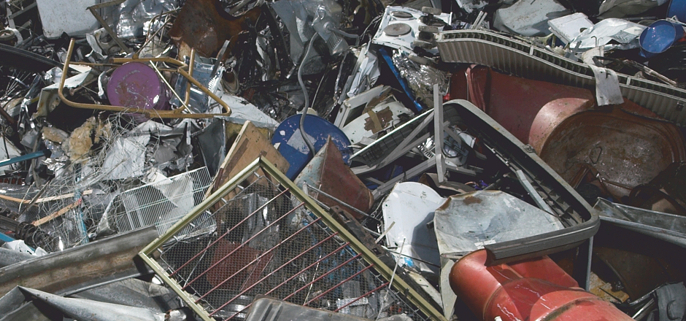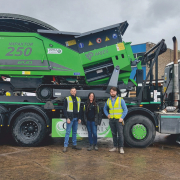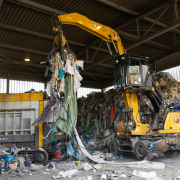Gopher Resource: Development Work with Partners
North American recycling company Gopher Resource has joined a multi-year collaborative consortium working to find new ways to reduce waste and recover more usable materials in metal processing.
The initiative – funded by the U.S. Department of Defense (DOD) – aims to support a more resilient and sustainable domestic supply chain by investing in next-generation metal recycling technologies. As reported, the effort is part of the “Materials Recovery Technologies for Defense Supply Resiliency (MRT-DSR) run through Army Research Labs (ARL), supporting President Biden’s 2021 Executive Order on America’s Supply Chains”. The consortium consists of five industry members and seven U.S. and international universities. “Gopher Resource will leverage its expertise to facilitate seven projects focused on greenhouse gas (GHG) reduction, critical metals recovery, and waste valorization/minimization,” the company informed. These efforts would support the nearshoring of the country’s supply chain by developing recycling technologies for recovering critical metals with improved environmental standards.
To date, the consortium has received over 15 million US-Dollar in congressional funding from a 25 million US-Dollar ceiling, with more than five million US-Dollar secured for the projects Gopher Resource will be facilitating. The first project, already underway, is using advanced heat transfer technology from the solar energy industry to recover waste heat during the recycling process, making it more energy efficient. “This is an industry first for the novel technique and Gopher Resource is working with partners to commercialize this technology.” For the second project, the company is working with the University of Minnesota Natural Resource Research Institute, and a group of local partners to study the use of charcoal from biomass as an alternative to fossil fuels. The project’s goal is to create a sustainable supply chain that would reduce the company’s Scope 1 CO2 net impact by up to 30 percent and eventually scale to allow other recyclers to reduce their GHG impact. Future projects that the firm would be facilitating “will focus on advancing the fundamentals of critical metals recovery and waste valorization/minimization, including finding new product uses for slag and recovering acid from batteries.”
When the work is finished, “we expect that these technologies will be available to the commercial market and will play an important role in developing a low-carbon and diverse economy,” Dr. Joseph Grogan, chief technology officer at Gopher Resource, was quoted.
(Published in GLOBAL RECYCLING Magazine 2/2023, Page 17, Photo: GR-Archive)







